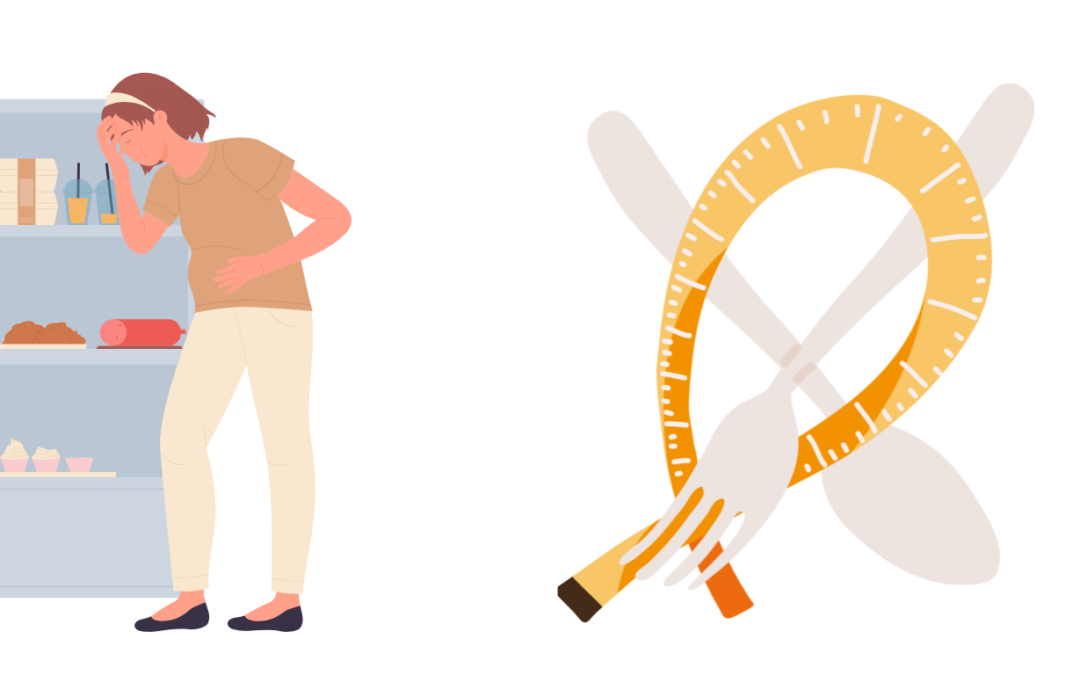In a world full of diet rules and endless pressure to look a certain way, it’s easy to feel
like your relationship with food and your body is always under a microscope. But here’s a
question: what if you could break free from that cycle? What if food could just be food, and your
worth wasn’t defined by the number on the scale? In this post, I’ll explore how disordered eating
and body image struggles impact everyday life and what you can do to start healing.
We hear so much about eating disorders, but disordered eating is less talked
about—even though it’s incredibly common. Disordered eating often involves obsessing over
calories, feeling guilty after eating certain foods, or constantly thinking about your next meal.
This constant battle isn’t just exhausting—it can take you away from living the life you actually
want.
Diet culture is sneaky. It sells the idea that smaller bodies are better, that being “in
control” means ignoring your hunger, and that certain foods are “bad.” These beliefs might be so
ingrained in you that they feel like facts rather than opinions. And when you grow up hearing
things like, “Are you really going to eat that?” or “You’d look better if you lost a little weight,” it’s
hard not to internalize those messages.
It’s not just about the food; it’s about the anxiety, guilt, and emotional toll that come with
it. When you spend your days thinking about what you “should” or “shouldn’t” eat, it leaves little
room for joy, connection, and self-compassion. Imagine how much time and energy you could
get back if food didn’t feel like a constant battle.
Healing your relationship with food doesn’t mean going on a new diet or trying to control
your cravings. It’s about unlearning the harmful messages you’ve absorbed and relearning how
to trust your body. Here are a few steps to start with:
- Ditch the All-or-Nothing Mentality: There’s no “good” or “bad” food—just food. When
you stop labeling food as an enemy, it becomes easier to find balance. - Practice Intuitive Eating: Learn to tune into your body’s hunger and fullness cues
rather than external rules or restrictions. - Embrace Body Neutrality: You don’t have to love your body every day, but you can
work toward accepting it as it is right now. - Focus on Joy and Pleasure: Food isn’t just fuel—it’s also a source of pleasure and
connection. Allow yourself to enjoy it without guilt.
If you’re reading this and it’s hitting close to home, you don’t have to do this alone. As an
eating disorder therapist, I work with clients who are tired of feeling trapped in cycles of guilt and
shame around food and their bodies. Together, we can explore what’s underneath those
thoughts and help you reconnect with your true self—not the version diet culture wants you to
be.
It’s possible to live a life where food is just food and your worth isn’t on the line every
time you eat. Recovery isn’t a straight line, and it’s not about being “perfect.” It’s about progress,
self-compassion, and reclaiming the time and energy diet culture has stolen from you. Ready to
take the first step? Let’s talk.
